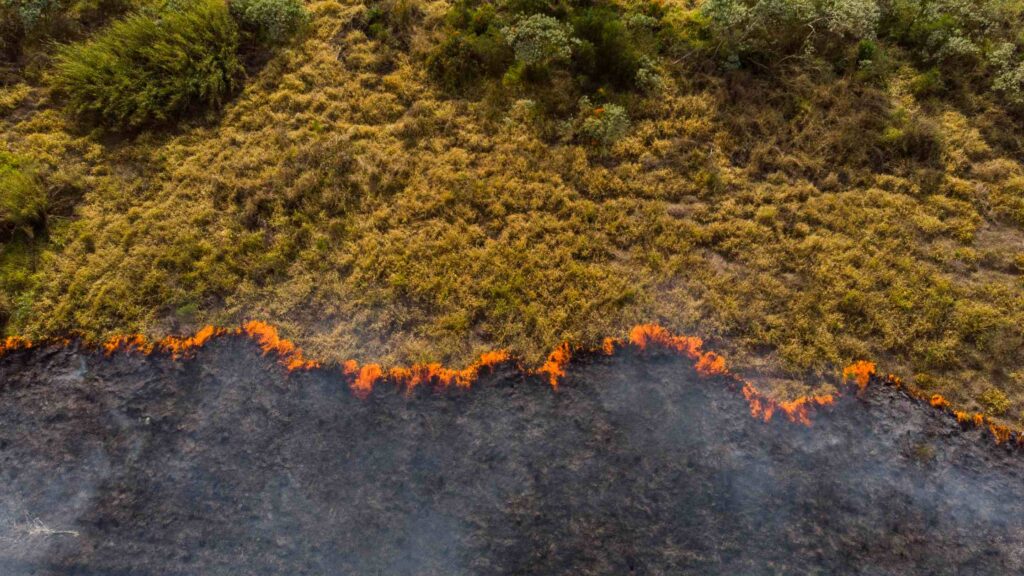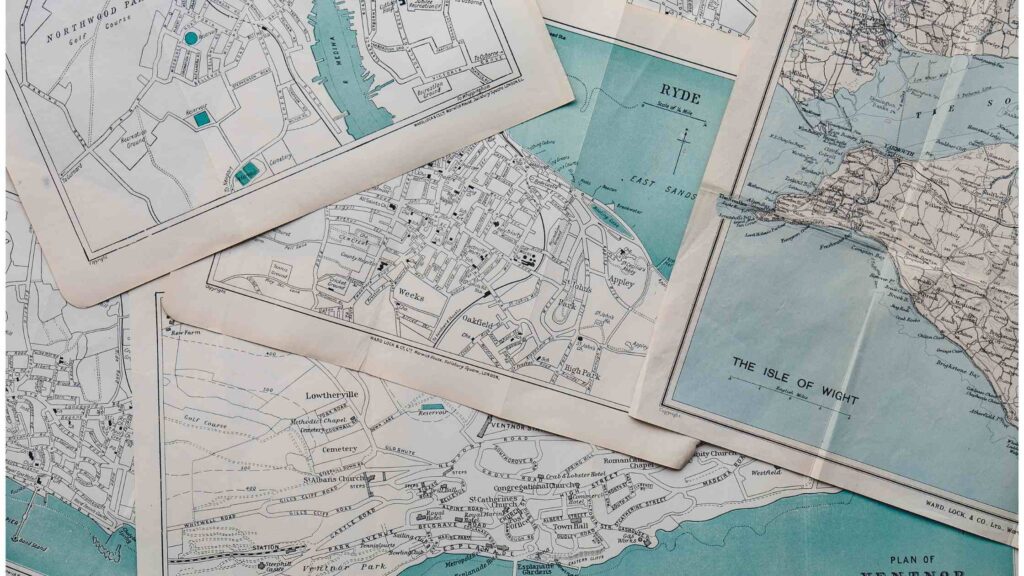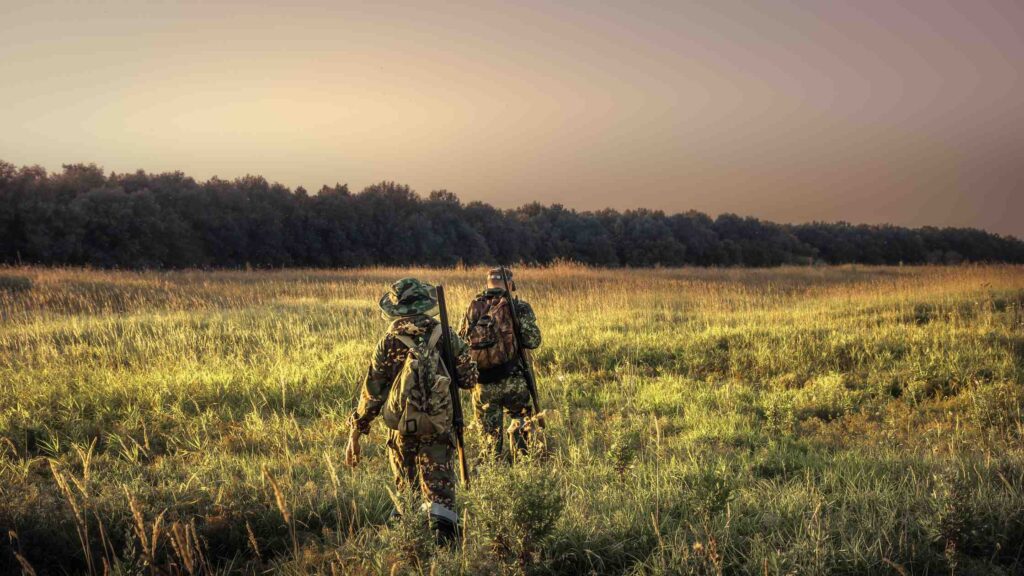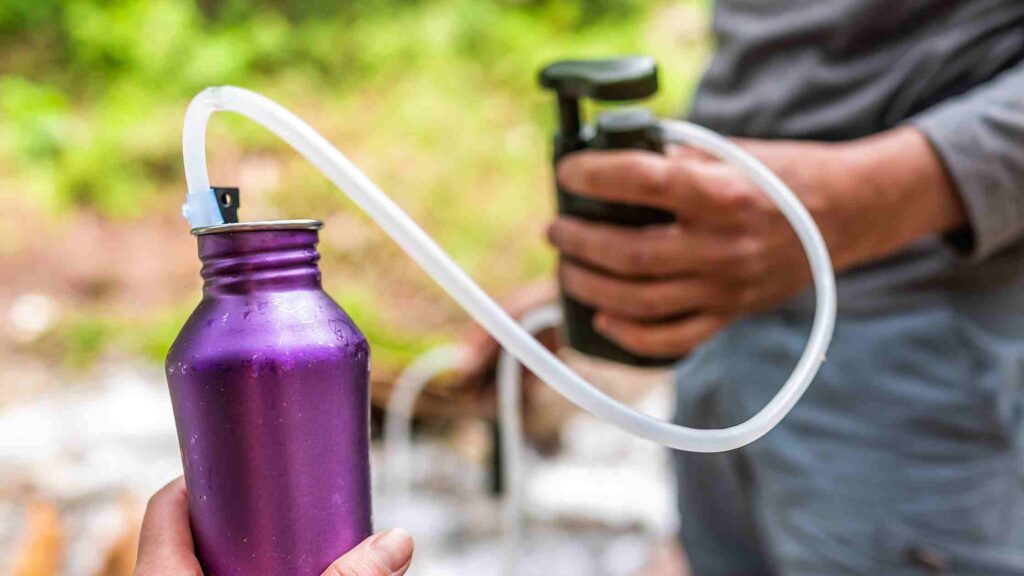In an unpredictable world where unforeseen disasters can strike at any moment, being prepared for the worst-case scenario is not just prudent—it’s essential for survival. Whether it’s a natural calamity, a societal collapse, or a global catastrophe, taking proactive steps to prepare for the apocalypse can significantly increase your chances of weathering the storm and emerging unscathed. In this comprehensive guide, we’ll delve into five crucial weekly preparedness steps, each rich with detail and practical advice, to help you become resilient in the face of any potential disaster.

THE most important thing one can do to prepare
Whether you’re a God-fearing man or not, one can’t deny the fact that there is an escalading good vs evil war raging on and has been since the dawn of time. The question is, what side are you going to be on? Who are you going to serve with your life? And with that comes the ultimate preparedness that’s really quite simple. Pray. Pray and seek God through His Word.
As evil rears its ugly head in these last days, this is something that, quite honestly, if left out of your prepping plan, will catch up with you. What better advocate to have than God Himself, who has promised to provide, protect, and sustain us in the many trials we will face in this life?
Here are some ways you can spiritually prepare your family for disaster, persecution, or whatever comes our way.
- Pray without ceasing – the Bible calls us to pray without ceasing about anything and everything. This is something I have been practicing. When I feel overwhelmed, angry, or just off, I will turn my mind towards God and talk to Him about it. When I’m feeling good and happy, I thank Him. He’s the one who knows me the most and will give me what I need, but also, He’s the ONLY one who can fight the battle in the unseen realm that I couldn’t’t never go to battle with. Do you know those moments when you just feel like your family is at each other’s throats? It’s these moments we forget who our REAL enemy is and who can defeat that enemy. We are more than conquerors in Christ Jesus; all we need to do is pray to God so He can do what He wants to do. All we have to do is surrender.
- Treat your Bible like your phone – What would happen if we treated our Bibles as if they were our phones, and every time we picked it up to scroll for an hour, we would read Scripture for an hour? Then do it again in another hour. 5 times a day.
- Do daily devotionals as a family – Whether you read a Psalm every morning or read a little from a preferred devotional, getting time together to talk about God and learn from one another is a great way to start your day. share your struggles. Ask what you can pray for your kids about. Ask them what they’re learning or how they see God work, or what they enjoy from creation. There is nothing more healing than a good morning in the Word together.
- Bedtime prayers – We always end our day with prayer and gratitude, acknowledging all that God has given and provided for us.
- Don’t stick your head in the sand – there is a very real spiritual war going on, and if you dig a little deeper, you can see the correlations between the world at hand and what God has said about it in the Bible. Understanding your Bible, including the Old Testament, will give you a lot of clarity about these times and the prophecies unfolding right before our eyes. Check out the podcast Mystery Bible On, co-hosted by one of our very own, Dan Rundio. If you’re looking for answers about the Bible and how it relates to what’s going on in the world, check it out.
Now that I got that off my chest, here are some other ways you can physically prepare for hard times ahead.

Weekly tasks that will get you quickly prepared
1. Inventory and Rotate Supplies
Regular inventory management of your emergency supplies is a cornerstone of effective apocalypse preparedness. Begin by creating a comprehensive list of essential items, including food, water, medical supplies, tools, and other necessities. Keep track of expiration dates and consumption rates, and rotate perishable items accordingly to ensure freshness and effectiveness. Organize your supplies in a systematic manner, making them easily accessible in case of an emergency. Consider categorizing items by type and labeling containers for quick identification. By maintaining a well-stocked and organized inventory, you’ll have a clear understanding of your available resources and can identify any gaps or deficiencies that need to be addressed.
Another great habit is purchasing a few extra cans of beans or extra items of non-perishables when you’re doing your weekly grocery run. This will add up quickly over time, and you won’t notice a big dent in your budget, as buying it all at once would. You can also do this with supplements, medications, or emergency supplies — when you purchase one thing at the store, double it up and over time you will have a sufficient stock.

2. Review and Update Emergency Plans
Emergency planning is paramount in preparing for the apocalypse. Review and update your emergency plans and procedures on a weekly basis to ensure they remain relevant and effective. Sit down with your family or household members to discuss evacuation routes, communication protocols, and designated meeting points in case of separation. Assign roles and responsibilities to each member, taking into account their individual strengths and capabilities. Practice drills and simulations to familiarize everyone with the emergency protocols and reinforce preparedness. Consider conducting scenario-based exercises to simulate different disaster scenarios and evaluate your response capabilities. Regularly assess and adapt your plans based on new information, changing circumstances, and lessons learned from past experiences.
Be sure you purchase local maps and appropriate navigation supplies like compasses and radios. Leanr to navigate your surrounding location without the use of GPS.

3. Learn and Practice Survival Skills
Survival skills are invaluable assets in a post-apocalyptic world. Dedicate time each week to learn and practice essential survival techniques that may prove critical in challenging situations. Start by acquiring basic skills such as building a fire, purifying water, administering first aid, and navigating using maps and compasses. Experiment with different fire-starting methods, such as friction-based techniques, flint and steel, or solar ignition. Practice purifying water using filtration, boiling, or chemical treatment methods to ensure safe drinking water in emergency situations. Familiarize yourself with basic first aid procedures, including wound care, CPR, and treating common injuries and illnesses. Enhance your navigation skills by practicing map reading, orienteering, and using GPS devices. Additionally, consider learning advanced survival skills such as shelter construction, food foraging, and self-defense tactics. The more skills you acquire and hone, the better equipped you’ll be to handle the challenges of a post-apocalyptic world.

4. Strengthen Physical Fitness
Physical fitness is a cornerstone of resilience in the face of adversity. Dedicate time each week to improving your physical conditioning and endurance through regular exercise and training. Engage in a variety of activities that target different aspects of fitness, including cardiovascular endurance, strength, flexibility, and agility. Incorporate activities such as running, hiking, swimming, cycling, and strength training into your weekly routine. Vary your workouts to prevent boredom and plateauing, and gradually increase the intensity and duration of your exercises over time. Set realistic fitness goals and track your progress to stay motivated and accountable. Additionally, consider incorporating functional fitness exercises that mimic real-world movements and scenarios, such as carrying heavy loads, climbing, and crawling. Strengthening your body not only improves your overall health and well-being but also enhances your ability to withstand physical exertion and stress during emergencies.

5. Connect with Like-Minded Individuals
Building a strong community of like-minded individuals is essential for disaster preparedness. Dedicate time each week to connect with others who share your commitment to preparedness and survival. Join local or online prepper groups, forums, or social media communities to network with fellow enthusiasts and share knowledge, resources, and experiences. Attend workshops, seminars, or training events focused on emergency preparedness and survival skills. Participate in community resilience initiatives, such as community gardens, disaster response teams, or neighborhood watch programs. Foster relationships with neighbors, friends, and acquaintances who may be valuable allies in times of crisis. Collaborate with others to pool resources, coordinate efforts, and support each other in preparing for and responding to emergencies. By building a strong and supportive network of prepared individuals, you’ll enhance your chances of survival and resilience in the face of any potential disaster.
Conclusion
Preparing for the apocalypse is not just a matter of stockpiling supplies or learning survival skills—it’s a holistic and ongoing process that requires dedication, foresight, and proactive action. By implementing the five weekly preparedness steps outlined in this guide, you’ll be better equipped to navigate uncertain times and emerge stronger and more resilient in the face of any potential disaster. Remember, apocalypse preparedness is not about succumbing to fear or paranoia but rather about empowering yourself to face challenges with confidence, competence, and community support. Start today, and take meaningful steps towards ensuring your survival and well-being in any scenario.

